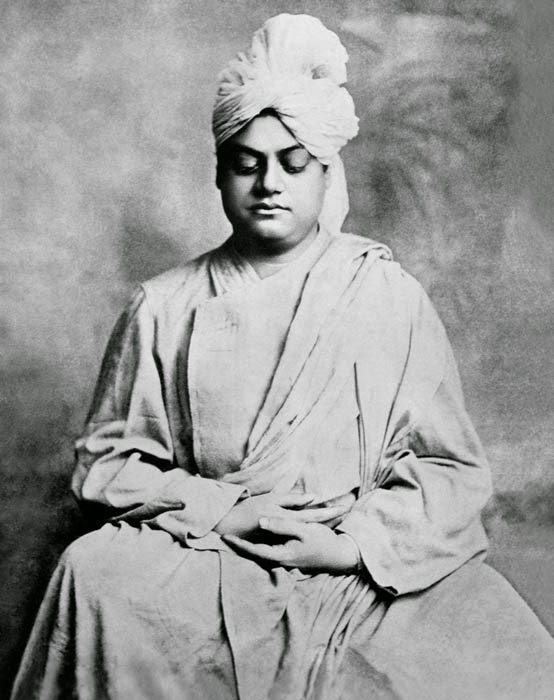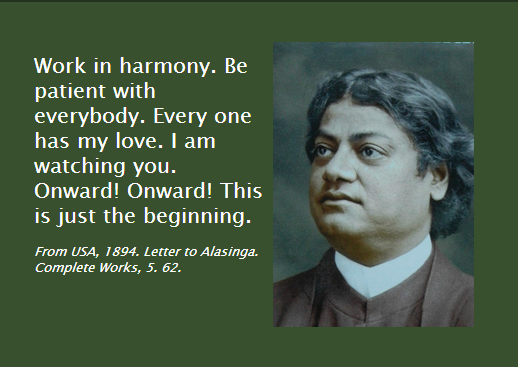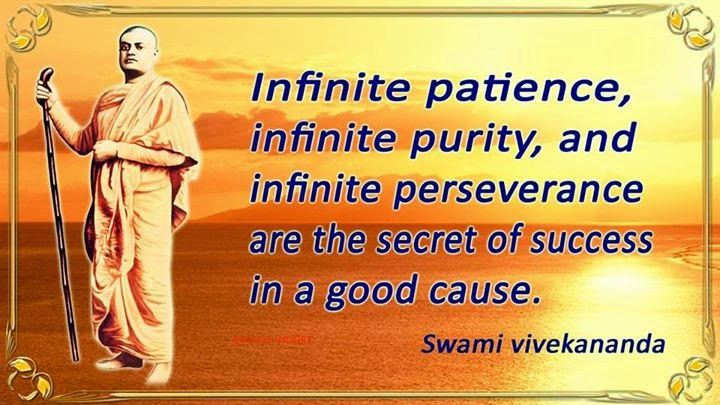Karma-Yoga : Ch-3. Part-4.

3. THE SECRET OF WORK : part-4. As the tortoise tucks its feet and head inside the shell, and you may kill it and break it in pieces, and yet it will not come out, even so the character of that man who has control over his motives and organs is unchangeably established. He controls his own inner forces, and nothing can draw them out against his will. By this continuous reflex of good thoughts, good impressions moving over the surface of the mind, the tendency for doing good becomes strong, and as the result we feel able to control the Indriyas (the sense-organs, the nerve-centres). Thus alone will character be established, then alone a man gets to truth. Such a man is safe for ever; he cannot do any evil. You may place him in any company, there will be no danger for him. There is a still higher state than having this good tendency, and that is the desire for liberation. You must remember that freedom of the soul is the goal of all Yogas, and each one equally leads to the ...












